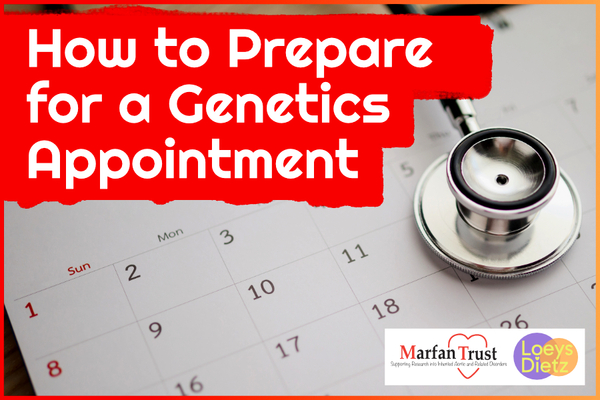An early, accurate diagnosis is essential, not only for people with Marfan syndrome, but also for those with related conditions. Unfortunately, Marfan syndrome can be difficult to diagnose because signs of the condition vary greatly from one person to the next.
Most affected people will not have all the signs and complications of Marfan syndrome. Early accurate diagnosis can be confirmed within a family by genetic testing. Mutations (changes) can be found in the fibrillin-1 gene in 97% of patients, assisting with screening of family members, including prenatal diagnosis.
Blood tests are available through GP referral to a clinical geneticist at a UK Regional Genetic Centres. Prenatal diagnosis is now available for most families with this condition, where a mutation (change) in the fibrillin-1 gene has been found in a parent. In general, Marfan syndrome is diagnosed after careful physical examination, particularly focusing on the main problems involved: eyes, skeleton and heart. Major involvement in two out of three of these is required for a clinical diagnosis.
Certain tests, such as an echocardiogram (a sound wave picture of the heart) are useful in making the diagnosis. People with Marfan syndrome should have an initial diagnostic echocardiogram which is repeated at regular intervals. An Electrocardiogram (ECG) is not adequate screening. Skeletal X-rays (mainly chest and back) may be necessary too, and a careful eye examination using slit lamp to detect lens dislocation is recommended. Family history also needs to be taken into account.
After Diagnosis
Once you are diagnosed with Marfan syndrome it can take some time to adjust. Ensure that you understand what your medical adviser has told you. If you need to take someone with you to ask the appropriate questions, please ask the clinician if this is possible. If you walk away from your appointment and there are medical terms or language you do not understand, please feel free to contact the Marfan Trust at [email protected] and we will be happy to clarify the terminology and try to answer any questions you may have.
For more information
Download the Marfan Trust's Guide to Marfan syndrome.
For further Information, See:
1. our short Marfan Encyclopedia of Terms
2. video "Marfan Syndrome Diagnosis And Management" by Dr Anne Child, Medical Director, Marfan Trust.
NB: since this video was made, in 2019 Dr Child and the Marfan Trust relocated from St. George's Hospital to Imperial College before settling in Keston, Kent. The Sonalee Laboratory divides its time between the William Harvey Research Institute, Queen Mary University of London, and the Institute of Ophthalmology.









